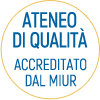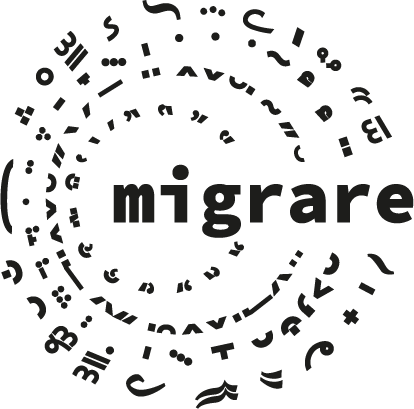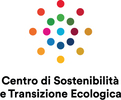From Perceptrons to Deep Networks
Il 18 febbraio 2016 si terrà il seminario su temi riguardanti l'uso di tecniche di intelligenza artificiale per la risoluzione di problemi eterogenei.
Il seminario avrà luogo presso il DEIM, edificio 9, primo piano alle ore 9:00 ed avrà termine presumibilmente alle ore 13:00 (eventualmente sarà dato spazio ad esercizi ed esempi nel pomeriggio).
Il seminario é rivolto ai dottorandi della Scuola Politecnica e si terrà in lingua italiana.
E' necessaria la registrazione (gratuita) ed é consigliabile portare con se un portatile con preinstallate le librerie richieste durante gli hands-on.
Title
From Perceptrons to Deep Networks
Abstract
In recent years, thanks to the abundance of raw data generated in many contexts as well as the computational power available from the use of GPGPUs, we have seen the rebirth of Artificial Intelligence. But beyond these phenomena, this resurgence has been powered in no small part by a new trend in AI, specifically in machine learning, known as “Deep Learning”.
The purpose of this tutorial is to help you master the core concepts of neural networks, including modern techniques for deep learning. The tutorial introduces these concepts beginning with the simplest unit of composition and building to the concepts of machine learning. During this tutorial, you will write code that uses neural networks and deep learning to solve complex pattern recognition problems, and you will have a foundation to use neural networks and deep learning to attack problems of your own devising.
Registration
Please, register before attending the tutorial filling this registration.
Hands-on and logistics
Some examples of different complexity will be shown during the tutorial using the Python language (https://www.python.org/).
The main Python libraries that will be used are NumPy (http://www.numpy.org/) and Theano (http://deeplearning.net/software/theano/).
You are invited to install these libraries on your laptop or PC in order to be able to perform some simple examples during the tutorial.
About the speaker
Ignazio Gallo received his degree in Computer Science at the University of Milan, Italy, in 1998.
From 1998 to 2002 he worked at the National Research Council (CNR) in Milan for the laboratory of Artificial Intelligence and Soft Computing.
He was involved in the definition and development of neural models for classification and recognition of remote sensing images.
He was also involved in the definition and development of neural models for decision support activities in engineering and environmental field.
From 2002 to 2003, he worked at the Department of "Informatica e Comunicazione" at the University of Insubria, Varese, dealing with simulators in a distributed environment. He is also interested in stereoscopic reconstruction analysis of 3D images produced by a scanning electron microscope and in features selection and classification methods applied to hyperspectral data. Since 2004 he is researcher at the University of Insubria. Conducts research in Image Processing, Pattern Recognition, Neural Computing, Computer Vision and Information Extraction.
He is responsible for all aspects of the courses of "Concurrent and distributed programming", "Data Mining Laboratory", "Software Engineering Laboratory", "Laboratory of Languages" and part of the course "Intelligent Systems II".





























